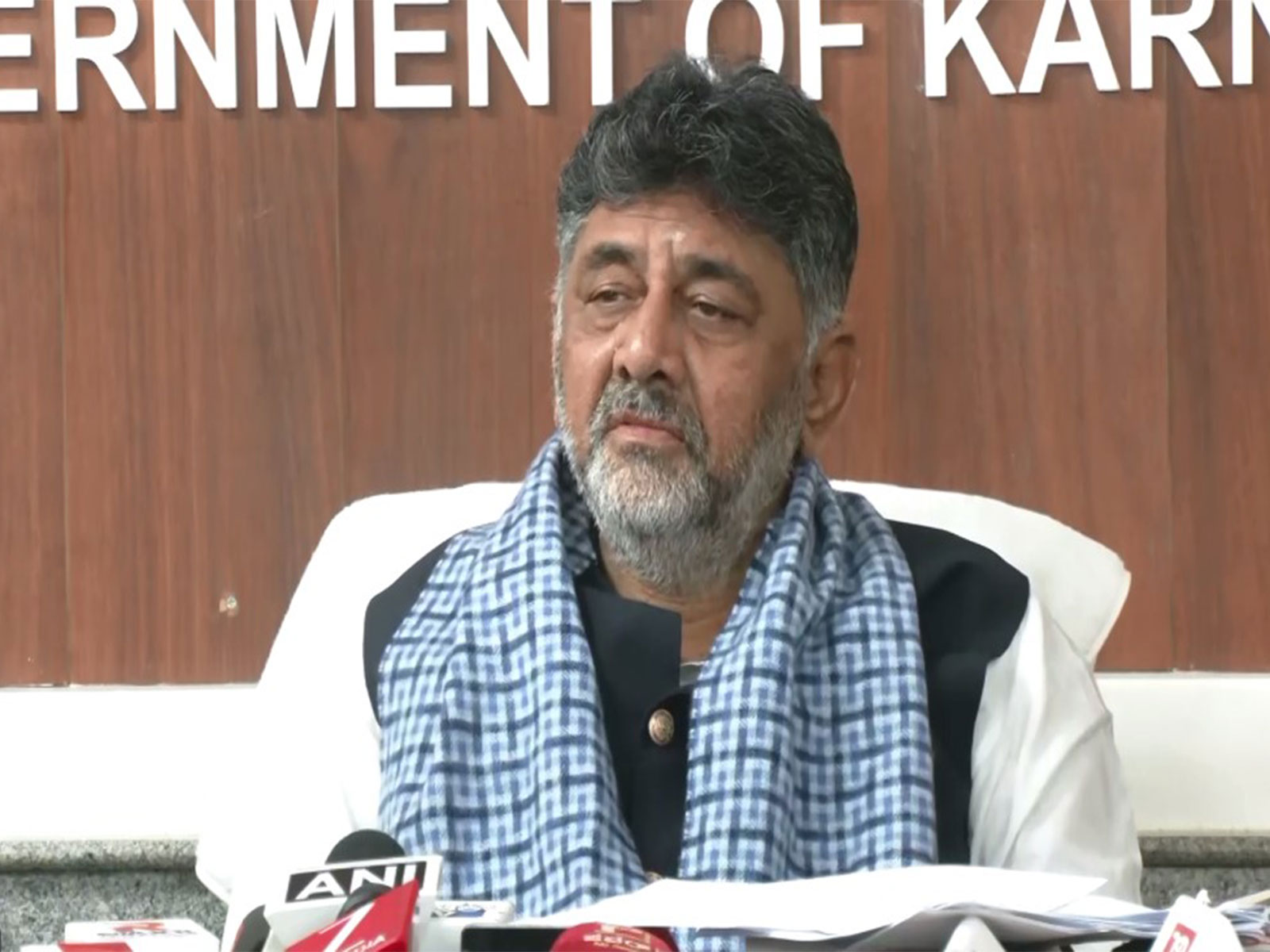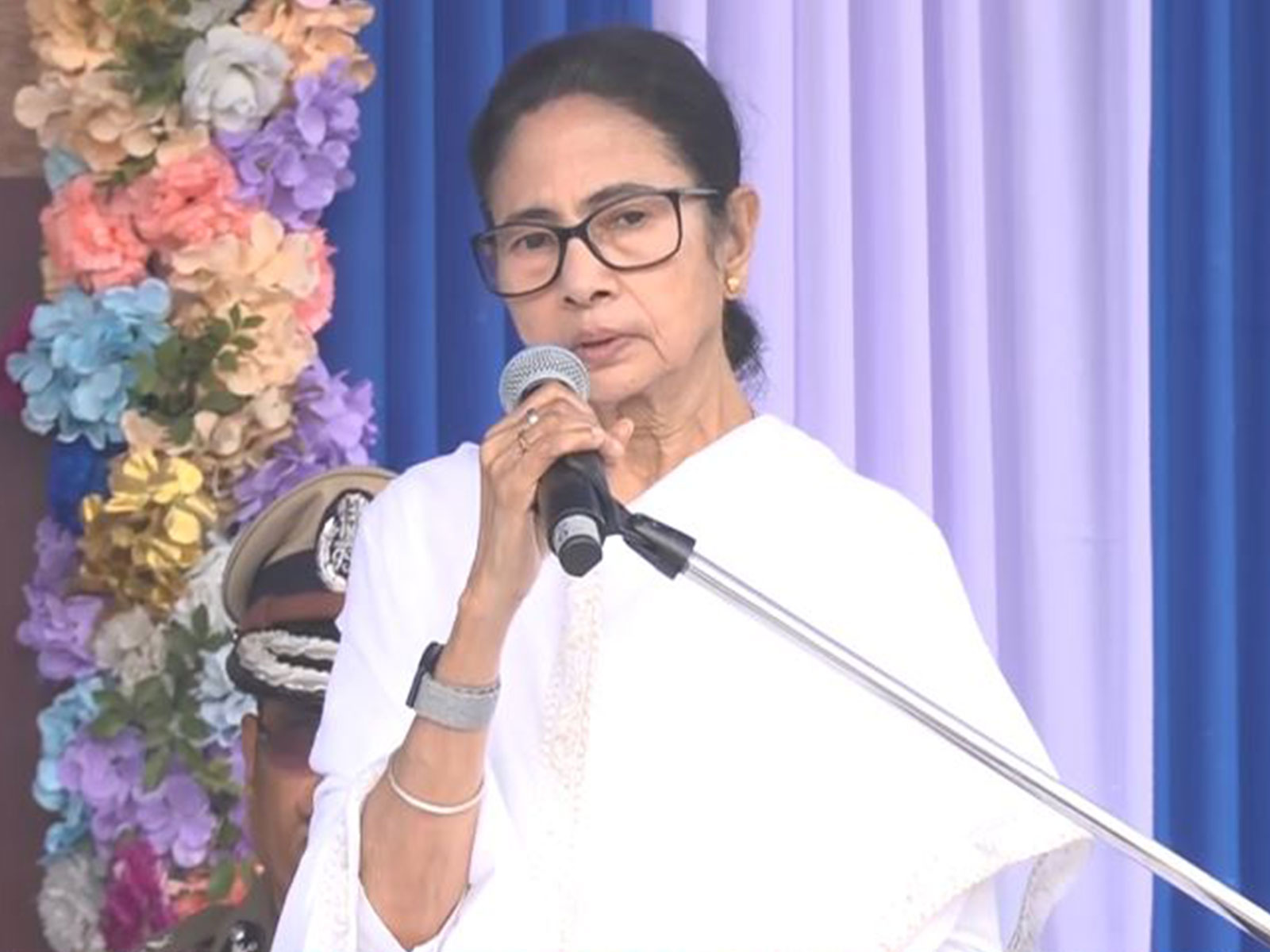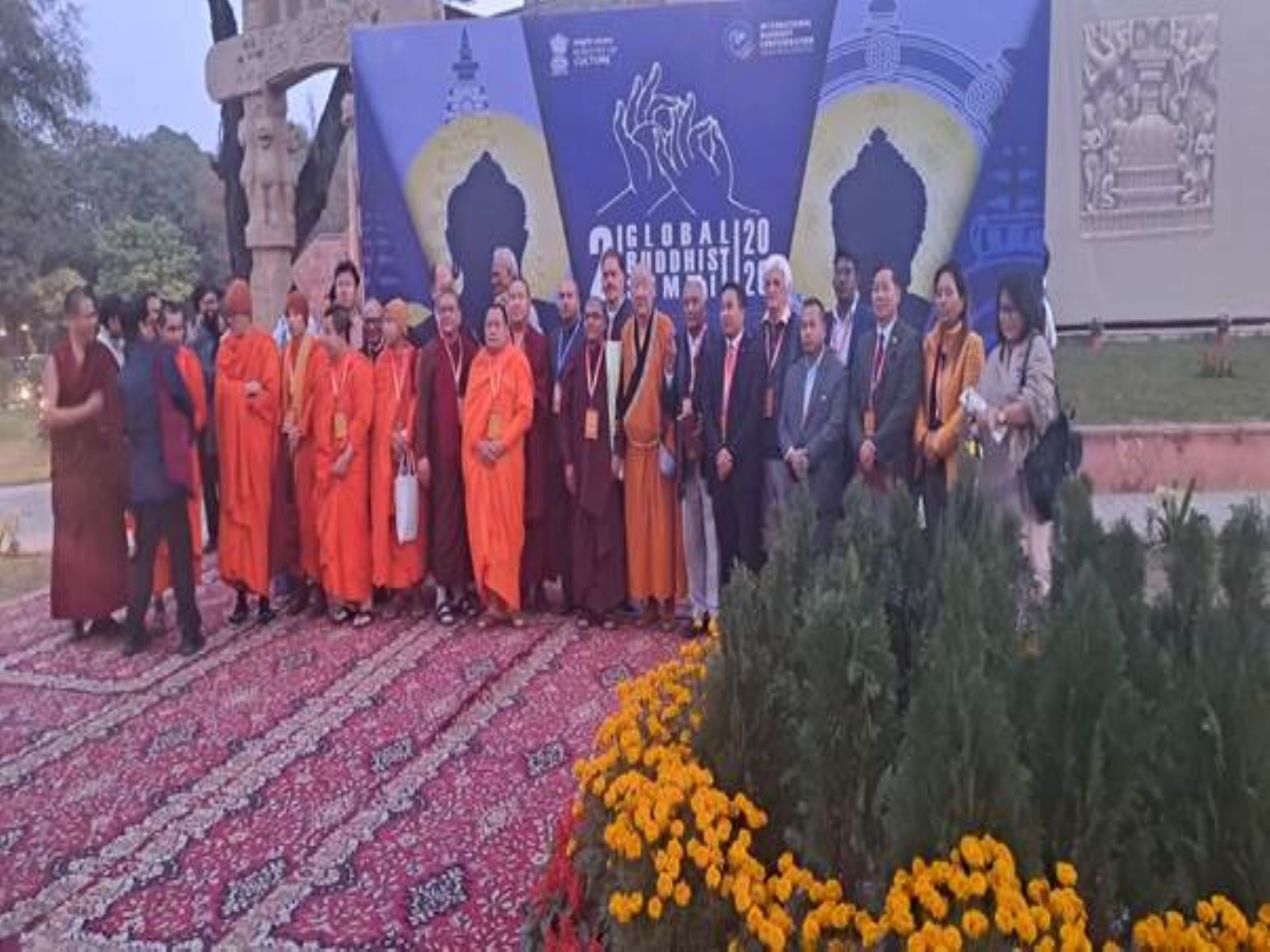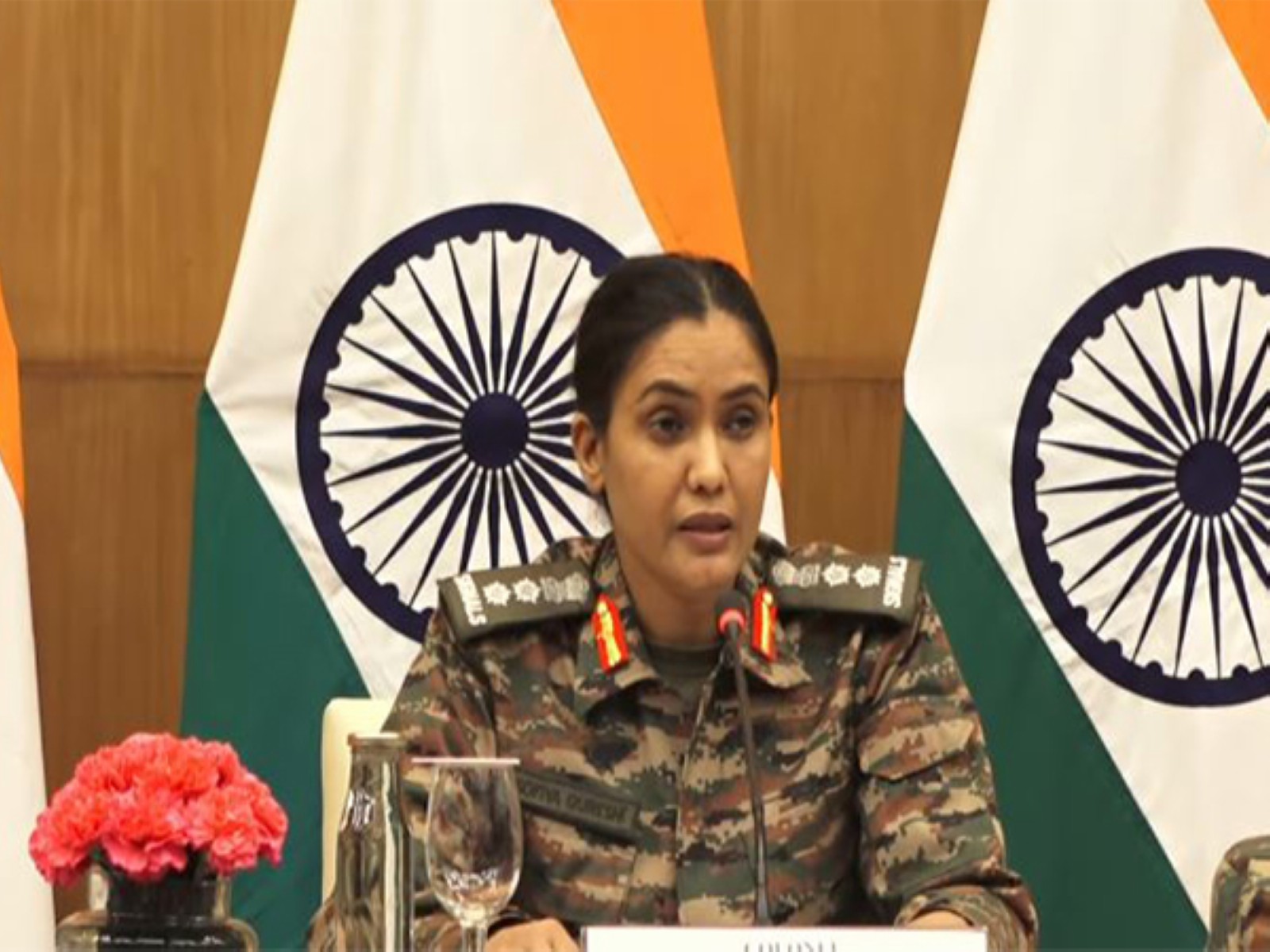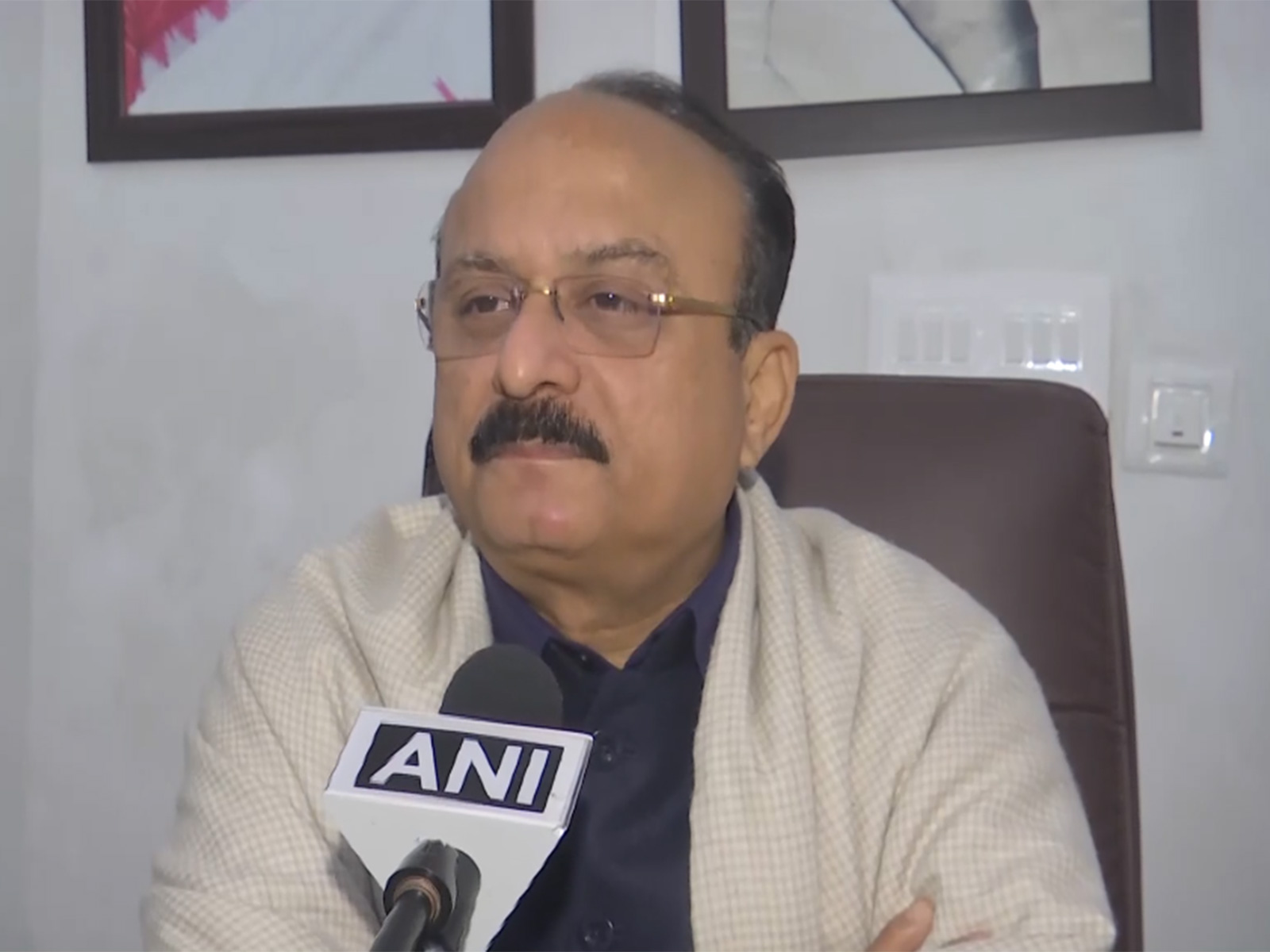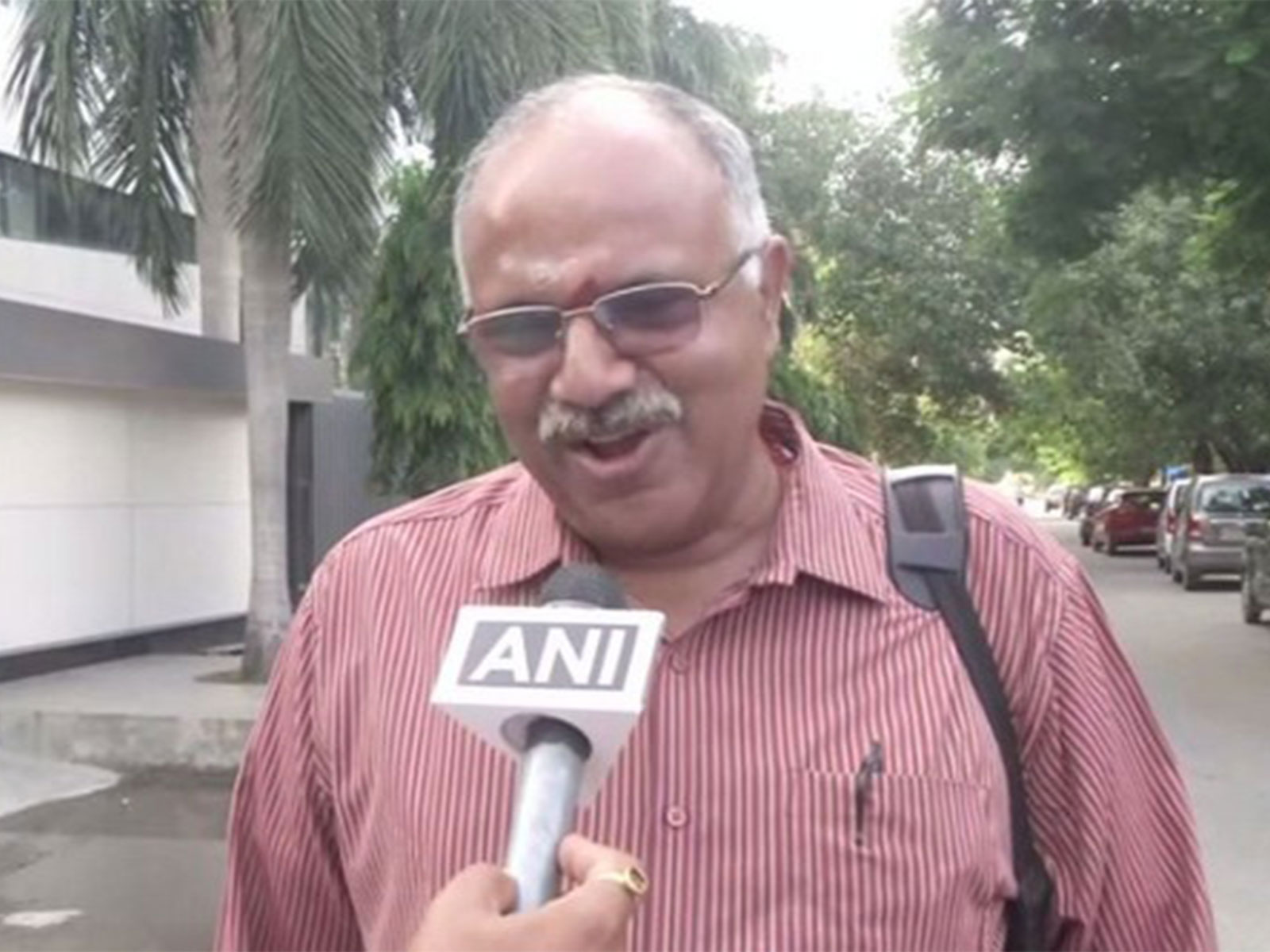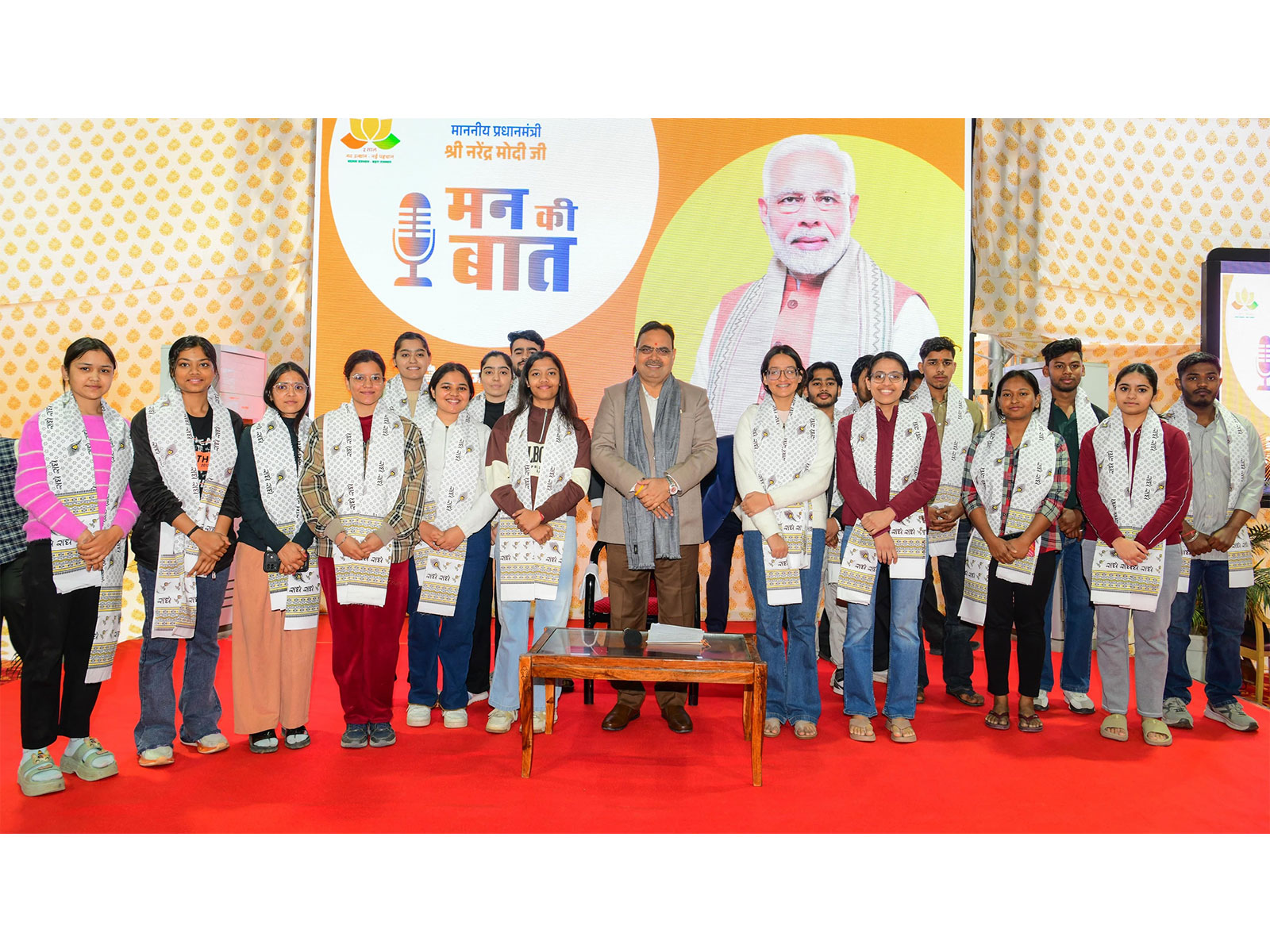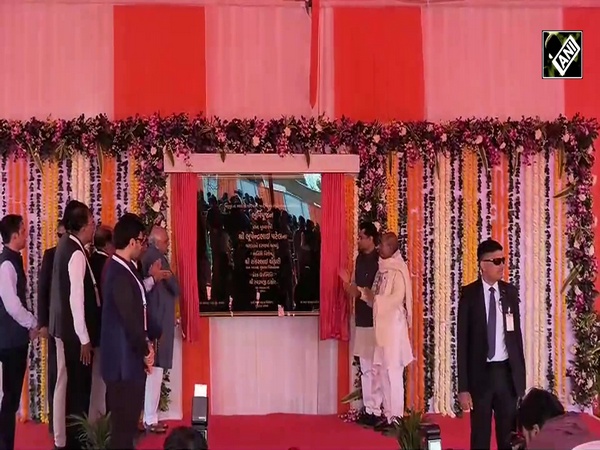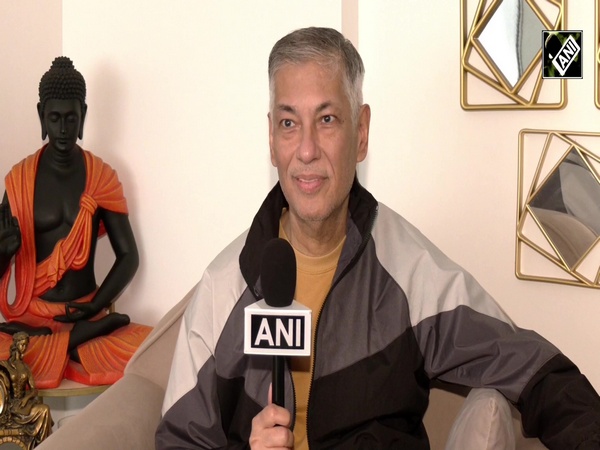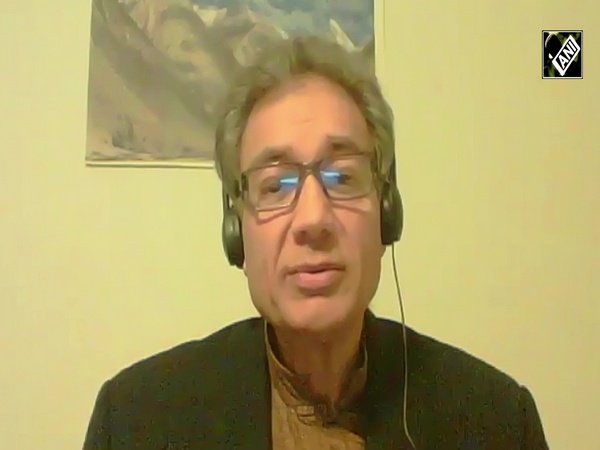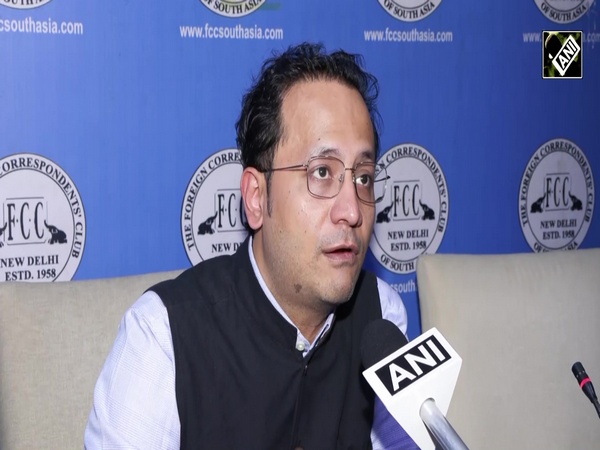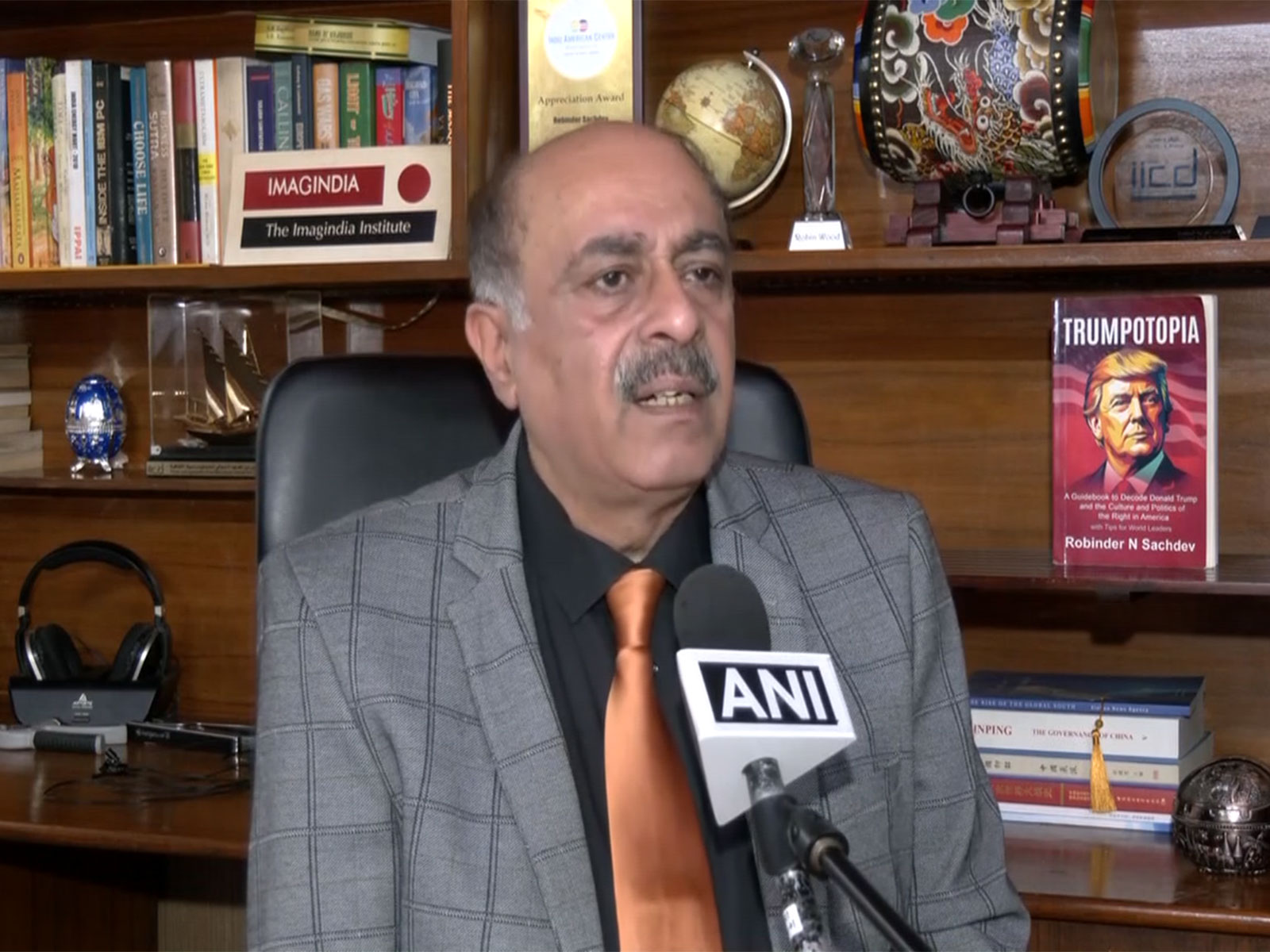
Majority of our equipment will hopefully be Indian in next 10 years: Defence Secretary
Nov 28, 2025
New Delhi [India], November 28 : In a push towards 'Atmanirbharta' (self-reliance), Defence Secretary Rajesh Kumar Singh said on Friday that the Indian government is looking to source a majority of its defence equipment indigenously within the next decade.
Addressing ANI's National Security Summit here, the Defence Secretary said, "Overtime you will see the shift (from import dependence) and hopefully the majority of our equipment will be Indian in the next 10 years or so."
Talking about import dependence of India, the Defence Secretary said the main reason has been the use of legacy systems, which are often stretched above their service life due to the shortage of resources. However, India has pivoted heavily to indigenous production, having more than 80% of the defence budget being spent domestically, much higher than the normative target of 75%.
"A lot of the import dependence now increasing relates to our legacy systems. In the last financial year, we spent almost 85-86% of the budget within the country, obviously the shift is going to take time, given that we have tendency to not replace our equipment that quickly. We ensure that we often take it beyond its service life simply because of shortage of resources," he said.
"The fact remains that prospectively, what we are doing, we have a normative target that not less than 75 per cent will be spent domestically every year. We are exceeding that target. Last year we did about 2 lakh crore of contract signing, bulk of it within the country. As such, over a period of time there will be decreasing import dependence. However, being totally self-reliant to fill all the gaps will not be feasible," the Defence Secretary added.
The Defence Secretary said that though India's import dependencies are decreasing there will continue to be some reliance on trusted supply chains.
"Over a period of time you are going to see a decreasing dependence, it will never go away altogether where we have gaps like jet engines. There will be areas where it is infeasible to try to be self-sufficient. You will have to rely on some supply chains outside, hopefully in trusted geographies and not that are adversarial to us," he said.
When asked if India should take inspiration from United States and invest in making a venture capital firm like the 'In-Q-Tel', the Defence Secretary said that India might not need such a thing as there is already robust fund system already.
"The fact is that India already has a fairly robust venture capital ecosystem already, and many of them are investing in many of our defence start-ups. I don't think it is particularly necessary for the government to set up a venture capital fund," Secretary Singh said.
In-Q-Tel is a non-profit venture capital firm started by the Central Intelligence Agency (CIA) in 1999 in order to encourage research and development and providing solutions for US national security agencies.
According to the Defence Secretary, funding is increasingly becoming available for start-ups showing promising technologies
"The way the government can support defence is through spending the budgets that we have and doing as many contracts within the country as we can, identifying promising firms. The combination of orders and quick contract signings and procurement is more than enough to attract capital," he said.
India has recorded its highest-ever defence production of ₹1.54 lakh crore in FY 2024 25m with indigenous defence production hitting a record ₹1,27,434 crore in FY 2023-24, a 174% surge from ₹46,429 crores in 2014-15, according to government data.
Around 16,000 Micro Small Medium Enterprises are emerging as "game-changers, strengthening indigenous defence capabilities." With over 788 industrial licences issued to 462 companies.
India's defence exports too reached a record ₹23,622 crore in FY 2024 25 from less than ₹1,000 crores in 2014.
